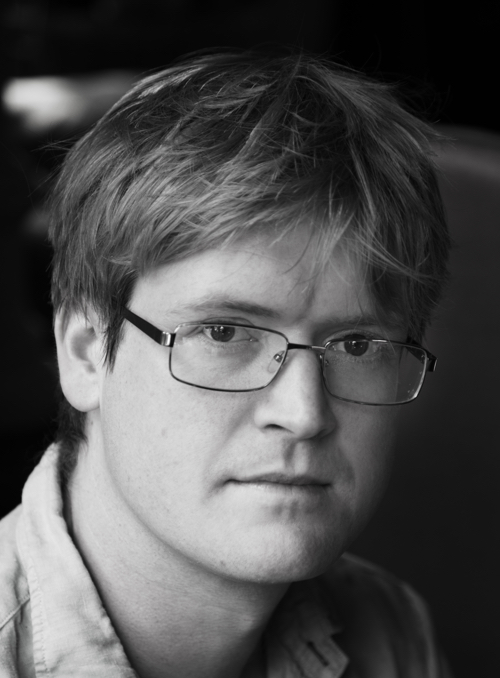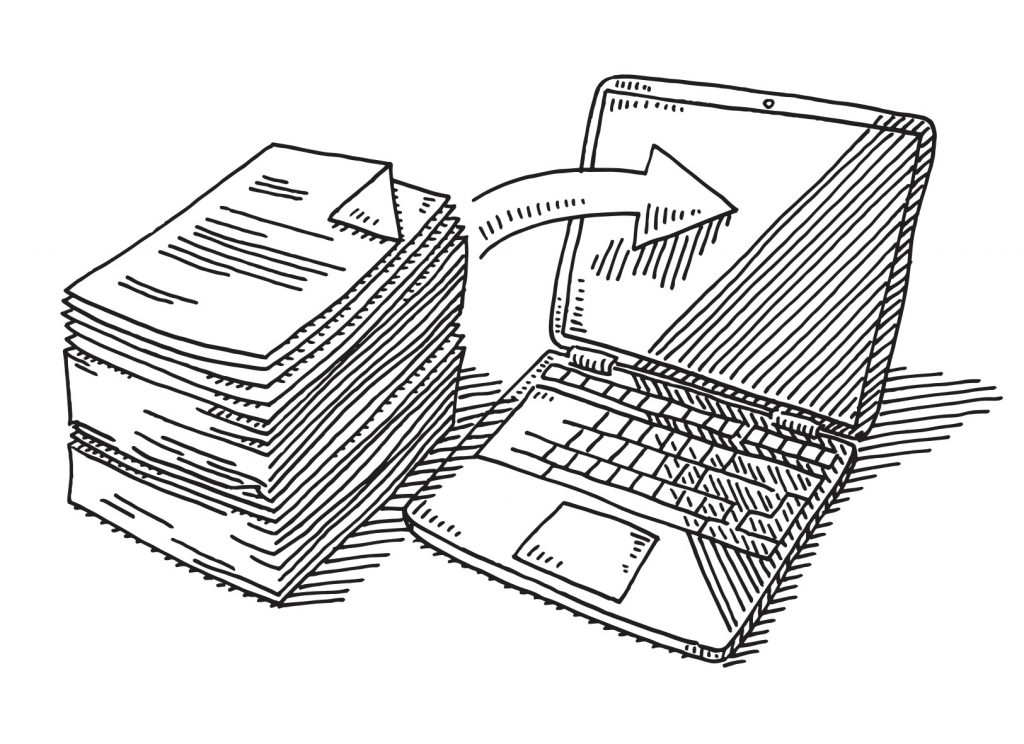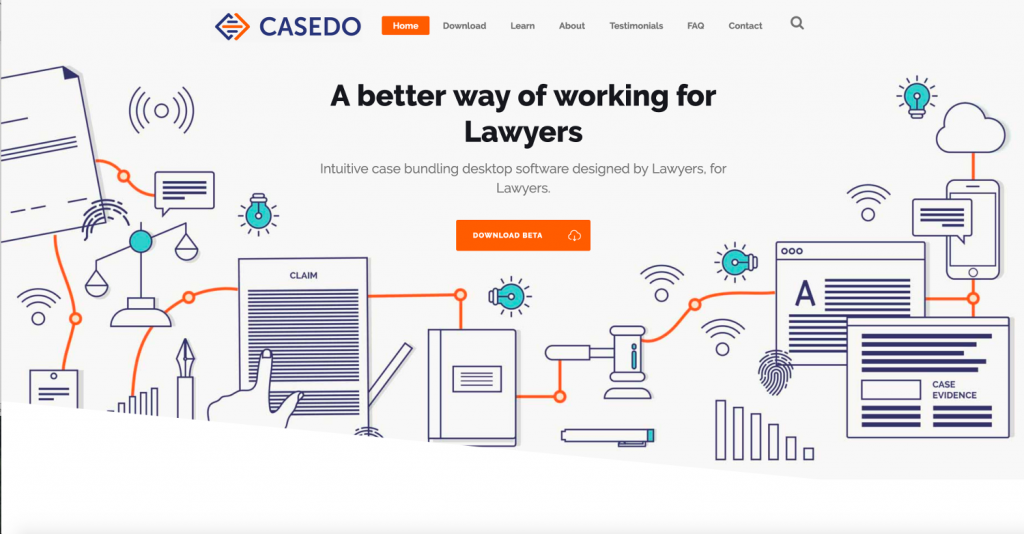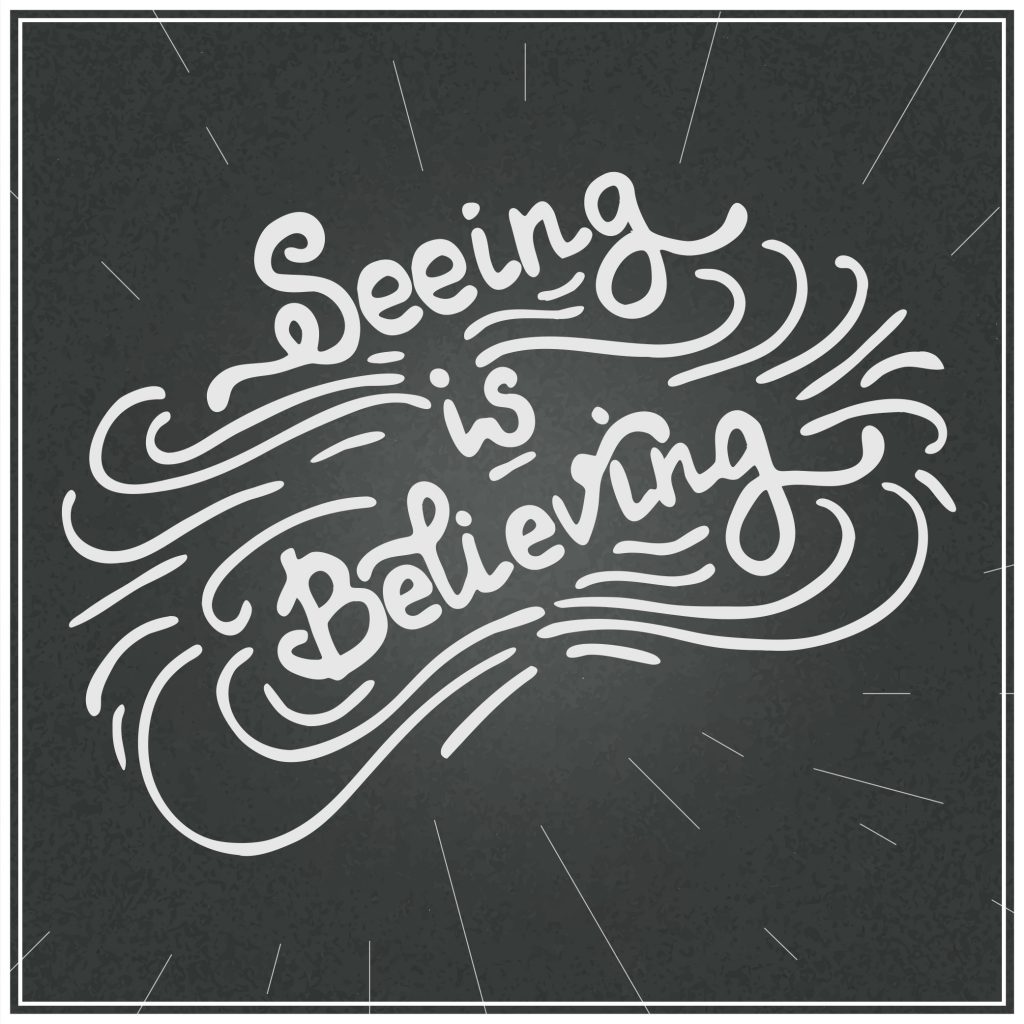Alumni interview: meet Ross Birkbeck, tax barrister and legal tech innovator
Ross Birkbeck is a barrister at Old Square Tax Chambers and an alumni of the GDL programme at the City Law School. He is also the creator of casedo.com, a product which has just been nominated for the Legal Week Innovation Awards 2019 in the ‘Supplier Innovation – Technology’ category.
It was a while ago but could you tell is something of your experience on the GDL at City? What were you doing before you decided on the conversion course…?

Before starting the GDL at City I was running a small independent post-house in East London, and working mainly as an editor and colourist on independent TV, film, and commercials. Not hugely academic work, although the fast pace of technological change in the film industry in the 2000-2010 period provided some technical challenges that I enjoyed. But mostly it was client based: people would come to us with a half-finished film and we would help them finish it. In that sense it was surprisingly similar to being a barrister actually – a very emotionally involved client with a problem and a deadline, who needs advice and then to have that advice acted on…
City was a big change – going back to school was both stimulating, as I had not done anything so academic for a while, and relaxing, as (whatever people say about the demands of the GDL) I did not have clients on my back wanting more all the time. It was also nice to meet a new group of people, and I have some great new friends out of it.
Why did being a barrister appeal?
Firstly I wanted something more academically challenging to do. I felt the rate of learning in my film work was slowing up, and I was looking around for a harder challenge. Secondly I needed something where I could remain reasonably independent – I have never had a real job with a boss for more than a few weeks and don’t fancy it much. Thirdly I wanted something that would pay reasonably well! The Bar is one of the few fields that can offer that combination.
I suppose in some sense I was also frustrated about making films about people doing cool stuff – I did a lot of documentary work — when I wanted to do cool stuff myself.
What led you into Tax as a practice area?
Chance/failure/perseverance/maths.
Initially I had wanted to go into intellectual property, as I felt that would leverage my interest in the arts and technology. But I applied for pupillage at all the IP chambers first and so was awful in the interviews and didn’t get one of the those places (there are only about 4 per year). There’s a lesson there. After about 20 more interviews, I had got better at it and secured pupillage with Quadrant chambers, a shipping set. I really enjoyed that year but for some reason they thought I wasn’t up to it! So whilst scrambling around for a third six (a horrible time) I applied to Old Square Tax. I had always suspected that tax would be interesting — I have a maths degree so part of my brain enjoys the technical stuff — but also that I wouldn’t be qualified, as I knew nothing about tax. I thought it worth a shot though, and to my surprise they gave me one. Still here and enjoying it immensely.

What would most surprise people about being a tax lawyer?
That the work involves issues of justice, and not just technical stuff? That we don’t just help rich people pay less tax? That it is surprisingly fun, because you are constantly arguing about how to interpret new primary legislation? That I am one?
What qualities are most helpful in this specialism?
All the qualities of a civil barrister – attention to detail, imagination, diligence etc — but particularly the ability to hold a lot of complex provisions in your head at once to see how they all fit together and then apply them to the facts. The ability to stand back and look at the bigger picture is also surprisingly important in tax.
You are the inventor of casedo.com – where did the idea come from? Tell us more about what it does…
As I said I used to make films, mostly as an editor. Editing is all digital now, and editors use editing software, like Final Cut or Premiere, to put together films. It is inconceivable to be an editor now without that kind of software, in which an editor can bring together all of the thousands of clips they need, sort them, view them, compare them, and link them together. Not having it would be going back to the stone ages of scissors and tape (fun and even creative, perhaps, but very slow and limiting). So as an editor you get used to (a) doing everything on a computer, (b) being very organised with digital data, (c) having very sophisticated tools at your disposal, and (d) getting better tools all the time as they are improved.

When I started at City I quickly realised that I was disorganised/incompetent with paper, and so needed to carry on working 100% digitally. This was even more the case on the BPTC, where we had to do advocacy as well. But there were only the very most basic tools available for handling the documents we were working on: pdf editors and the like. I started looking for something that would allow me to bring together a dozen pdfs into one place, and to put them in order and find the bits I needed again quickly. I thought it must exist. It was so obvious it had to. I looked for about 6 months before I started designing my own.
I’m not going to try and describe what it does more than that – I have failed to do so succinctly too many times over the last few years! Go to our website and watch some of the videos and it will all become clear…

This isn’t strictly a legal-only tech product is it? Tell us about the applications for it in other sectors…
No – it is for any situation where you have to bring together a load of documentary information and think about it as one. Law is just the most acute example of the problem. I use it also for board meetings at our local school where I am governor, for school work (I am currently taking some tax exams), to manage my bank accounts, and even to bring together travel docs for holidays. So I think there are lots of other applications: education is definitely one; research of any kind is another; investigations; the property sector; event management… anything. We are hoping our users will come up with the best ones.
How did you get buy-in from others and build up your current team?

To begin with nobody understood what I was talking about unless they were a video editor, as that was the only way I could explain the idea. And even they didn’t really get it, as they didn’t understand document analysis. I looked into coding it myself, but that was going to be too hard/take too long. So in the end I had to make an animation (which was something I could do) to demonstrate what I was talking about. Literally an animation of a screen running what I imagined the software was going to look like. It worked brilliantly – suddenly everyone could see the software and the point of it…
From there it was another long and frustrating process of trying to find the 2-3 people I needed to form a real business: someone with experience of making software; someone with experience of running businesses; and someone with the organisational skills to push it all along (none of these things being my strengths). But I had help with that from some great people.
Many people would assume that barristers are a traditional sort – perhaps a little less open to the idea of innovative new technologies. What are your experiences?
There is definitely a mixed bag. And often barristers are so busy that they do not think they have time to learn new skills. But take any reasonably large group of very clever and very independent people and you will find a lot of them are imaginative and curious and open to doing things smarter and better. It’s certainly not just the young either – many of our most interested users and advocates are older. The same is true of the judiciary too, I think. I am now constantly talking to barristers who are excited by new and innovative technology.
Law schools are feeling their way in terms of technology – considering what skills they need to be helping students develop, and what should be included in the curriculum. What is your feeling on this?
In my experience the students have always been ahead of the universities in this respect, so it may be the students who help the schools to develop, not the other way round. But certainly the whole legal industry, not just the schools, is slowly feeling its way in terms of technology. What I would like to see in the law schools particularly would be for the schools to use the technology to teach better practical legal skills. For example right now it is hard to assess or demonstrate how legal work should be organised, because you cannot ask the students to hand in all their folders nor assess them quickly. Casedo (for one) could help with this: just tell students to submit their Casedo files for review along with their opinion, and you will be able to assess them with ease as to how they have planned it and researched it and organised their thinking.
Aside from casedo.com, what other technologies do you use in your practice?
Other than the legal databases, just the very simple everyday software everyone uses: Microsoft Office; Acrobat; email. But then Casedo is just another simple tool like those anyway…
Can students use casedo.com? How might it be useful to them?
Of course – we are in beta at the moment so they can download it and sign up for free at casedo.com/beta. It will be useful in all sorts of ways – just create a new Casedo file for each assignment and make sure you bring everything you need to read for that assignment in to Casedo to read it there. They will be amazed at how much easier it makes things. And lighter!
Many thanks to Ross for allowing himself to be quizzed by Lawbore – we’ll be crossing our fingers for Casedo at the Legal Week Innovation Awards!
